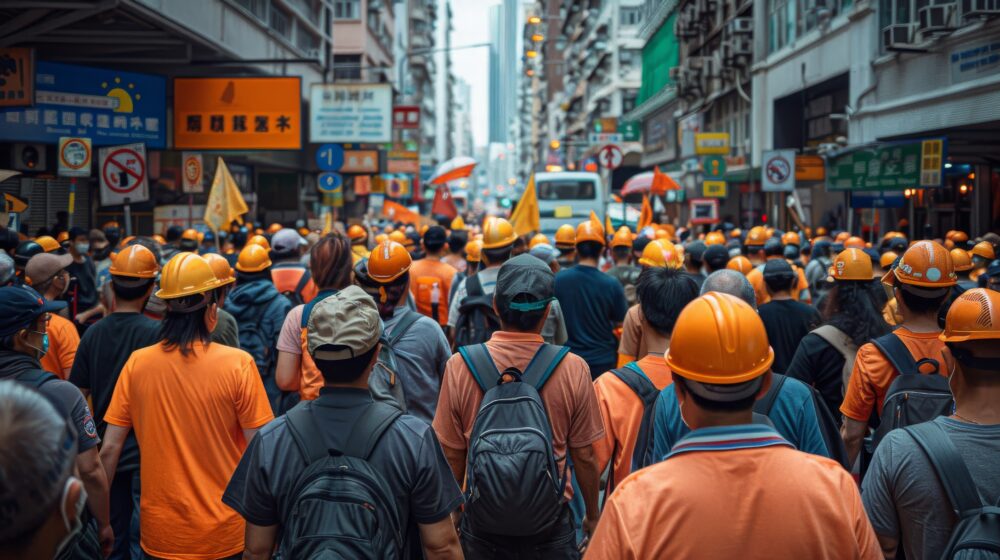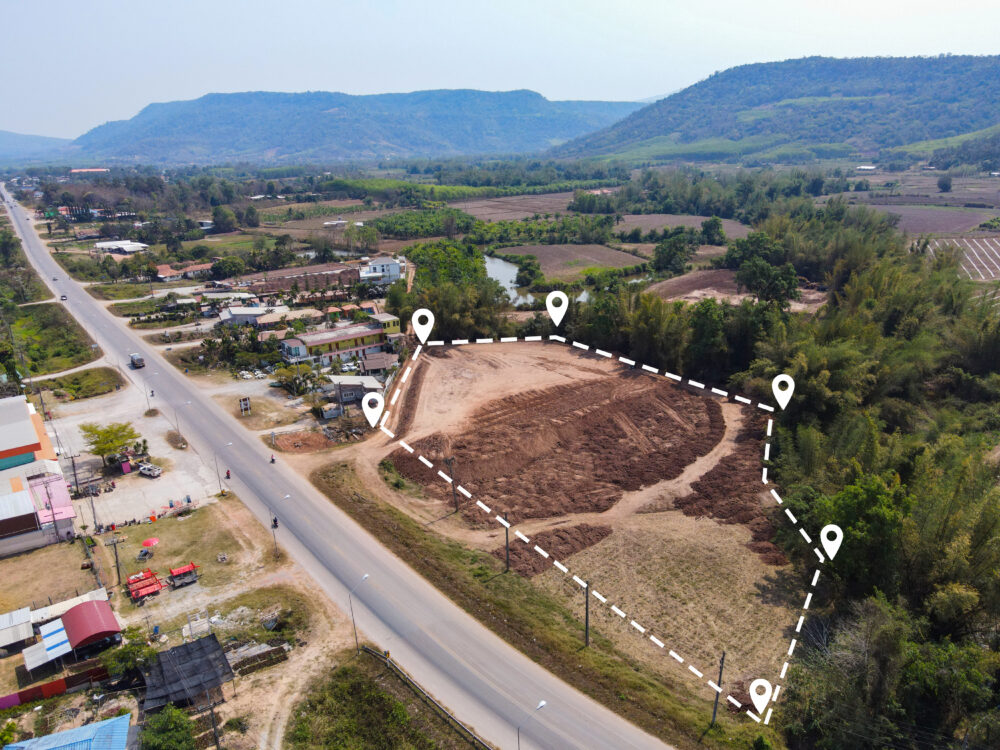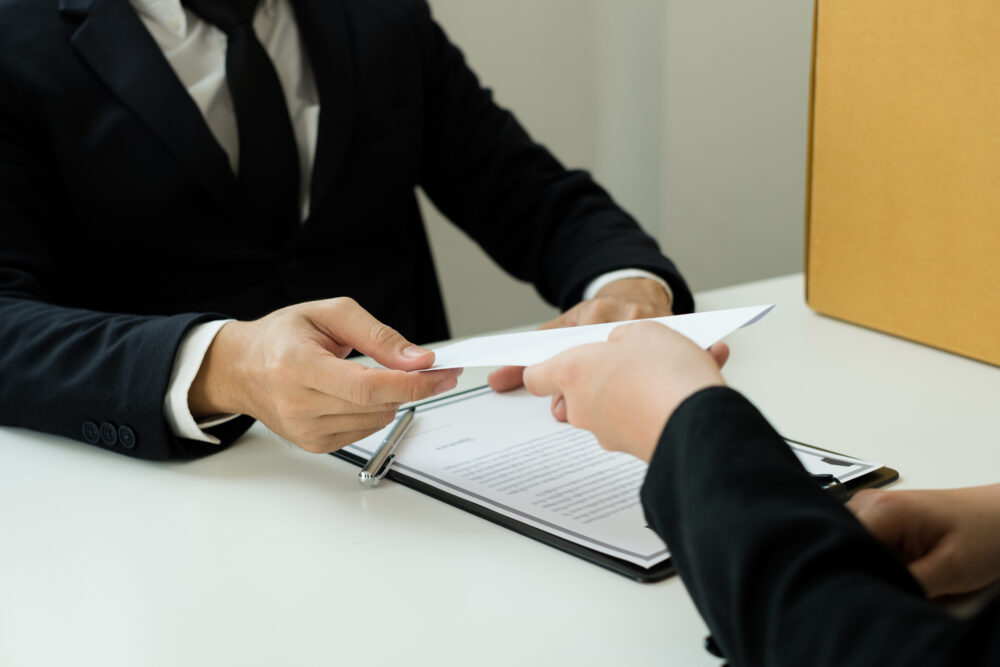The trading of used cooking oil (hereinafter referred to as “UCO”) and the production of recycled products from this raw material is becoming a strong development trend in many developed countries, and is also an industry that is starting to rekindle in Vietnam when UCO is available can be used to produce a variety of products such as soaps, detergents, industrial fuels, oil lamps, biofuels to replace gasoline,… with very low input material costs when reusing the waste source of the food processing industry/catering business. With the demand for cooking oil consumption at a very high level in Vietnam, along with the increasing awareness of environmental protection, the collection and wholesale/export of UCO within the territory of Vietnam or from Vietnam to other countries not only brings promising business opportunities, but also contribute to minimizing adverse impacts on the environment. However, for foreign investors, this market still has many potential challenges and requirements in terms of legal regulations, environment and cultural factors. This article will present some basic legal issues that investors need to know when participating in the UCO business in Vietnam through the form of enterprise establishment.
1. Regarding investment procedures
Pursuant to the Law on Investment 2020, the establishment of an enterprise to conduct UCO trading activities in Vietnam requires foreign investors to have an investment project and apply for an Investment Registration Certificate.
2. Regarding the form of trading UCO in Vietnam
Like other commodities, UCO is mainly targeted by domestic and foreign investors to conduct business in popular forms such as import, export, wholesale,… However, with the special nature of waste, as well as potential risks that can affect the environment if not strictly controlled, some forms of UCO trading in Vietnam may be legally restricted, especially for foreign investors. In this article, Apolat Legal will analyze the UCO business in some of the most popular forms of business as follows:
2.1 Import:
UCO is considered waste according to the definition of the Law on Environmental Protection 2020. In addition, according to Article 6.6 of the Law on Environmental Protection 2020, the import of waste is a prohibited act, so the import of UCO into Vietnam is impossible. This regulation also applies to other activities such as temporary import, re-export, UCO transit as well as to both Vietnamese and foreign investors.
2.2 Export:
Regarding the form of export, based on Decree 69/2018/ND-CP, UCO is not on the list of goods banned from export or exported with conditions. In addition, based on the provisions of the Law on Investment 2020 and Vietnam’s WTO Schedule of Commitments, the right to export is not restricted to foreign investors when exporting goods that are not on the list of goods banned from export, or exported with conditions. Therefore, foreign investors are entitled to export UCO in Vietnam. However, the right to export is defined in Article 3.2 of Decree 09/2018/ND-CP as “excluding the right to purchase goods from non-traders for export, unless otherwise provided for by Vietnamese law or international treaties to which Vietnam is a member.” and according to the provisions of Decree 31/2021/ND-CP, the collection of waste (including UCO) directly from households is also a business line that has not been accessible to the market for foreign investors, so when purchasing/collecting UCO for export to foreign countries, foreign investors will not be allowed to purchase/collect UCO from households, individuals and organizations without business registration.
2.3 Wholesale:
Currently, as of 2024, Vietnamese law does not have a regulation prohibiting foreign investors from exercising the right to wholesale UCO, so foreign investors can carry out wholesale UCO in the domestic market.
3. Regarding the UCO trading project implementation location
When applying for an Investment Registration Certificate for the purpose of implementing a project to establish a UCO trading company in Vietnam, one of the criteria of the dossier of the foreign investor that the competent state agency will consider is that the project must have a location for the implementation of the investment project and must ensure that the this location is consistent with the national planning/regional planning/provincial planning/urban planning/special administrative-economic unit planning (if any). Most UCO trading projects will require the investor to store the UCO at the project location, and therefore in this case, the foreign investor will have to ensure that the location of the investment project is suitable for trading and storing the UCO so that the authorities have a basis to consider the project implementation registration dossier. In some cases, the determination of whether the planning of the proposed project implementation location of the foreign investor is suitable for the UCO trading, will have to depend on the opinions of relevant agencies, such as the Department of Construction, the Department of Natural Resources and Environment, etc …
4. Regarding environmental issues
The storage of UCO during business operations also has many potential risks to the environment when UCO is waste in nature, which has the risk of polluting the environment, especially polluting water sources if not controlled and stored according to strict standards. In case the foreign investor uses the project implementation location as a UCO storage location, the foreign investor must pay special attention to the environmental safety distance of this location for residential areas, according to the provisions of the Law on Environmental Protection 2020 and Decree No. 08/2022/ND-CP.
See more:
1/ Conditions and procedures for establishing a real estate exchange
2/ Chinese investor establishes a beverage factory in Vietnam
3/ Foreign investors establishing manufacturing companies in Vietnam
Disclaimers:
This article is for general information purposes only and is not intended to provide any legal advice for any particular case. The legal provisions referenced in the content are in effect at the time of publication but may have expired at the time you read the content. We therefore advise that you always consult a professional consultant before applying any content.
For issues related to the content or intellectual property rights of the article, please email cs@apolatlegal.vn.
Apolat Legal is a law firm in Vietnam with experience and capacity to provide consulting services related to Business and Investment and contact our team of lawyers in Vietnam via email info@apolatlegal.com.





































